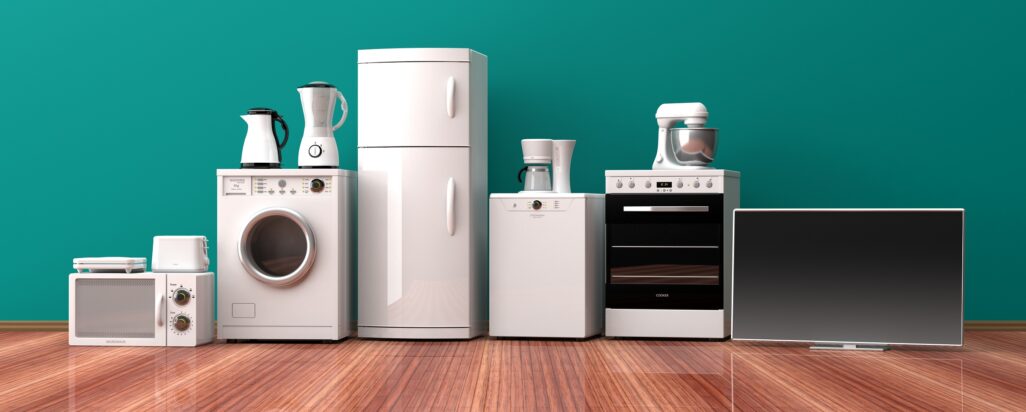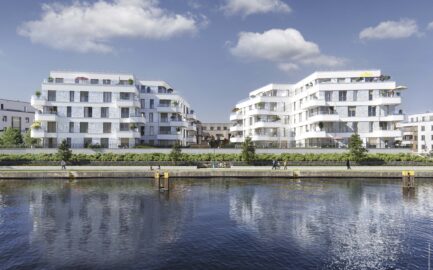BUWOG is the only company in the Austrian real estate sector that’s a member of the klimaaktiv pact. Thus for us, it obviously makes sense to support “Mission 11”, an energy-saving campaign of the Federal Ministry for Climate Protection, Environment, Energy, Mobility, Innovation and Technology. In this article, we present valuable tips on how you can reduce the costs of your energy bill.
The goal of the Federal Ministry’s energy saving campaign “Mission 11” is to reduce energy consumption in Austrian households by 11%. This is to enable independence from fossil energy sources.
11% less energy consumption – we can achieve this together if we change our behaviour with electrical appliances and identify energy guzzlers in our own households. This will not only allow us to conserve energy, but to also reduce energy costs at home.
With this in mind, our partner klimaaktiv has compiled 11 helpful tips at topprodukte.at, which we present here as an overview:
Top 11 energy-saving tips for your home
General – Lowering the energy consumption of devices and appliances in standby:
- If you completely disconnect all devices and appliances in your household from the mains, you can conserve energy of as much as 10%. It’s therefore ideal to use distribution strips with toggle switches to disconnect the appliances from the mains. This important measure will keep your standby losses as low as possible.
Household appliances – Refrigerator, dishwasher, stove, washing machine:
- If you increase the refrigerator temperature by 1-2 degrees, you can conserve energy of between 6% and 12%. Leaving the refrigerator door open for as short a time as possible is also recommended.
- Ensure that refrigerators are regularly thawed without the automatic defrosting system. That’s because 5 millimetres of icing in the freezer drawer results in around 30% more energy consumption.
- Use the eco or energy-saving programme on your dishwasher and only wash when fully loaded. Avoid washing by hand, as it consumes a greater amount of water and energy.
- Use pots and pans suitable to the size of the burner and make use of residual heat.
- Using the oven’s fan function is highly recommended. Give it a try!
- Use the maximum filling capacity of your washing machine whenever possible so the machine doesn’t use energy unnecessarily when half empty.
Room temperature – Hot water, heating, climate control:
- Install a flow limiter in your shower or use an economy shower head so valuable hot water is automatically conserved.
- If you turn the heat down 2°C, you conserve 12% heating energy.
- In winter, ventilate or cross-ventilate several times per day rather than tilting the windows for a long period.
- Use external shading (blinds, awnings, sun sails) rather than air-conditioning to fight the summer heat.
Additional tips for conserving hot water
Savings are possible with more than just the flow limiter mentioned above. Instead of a full bath, a brief shower can conserve a considerable amount of hot water and therefore energy, because an average of 76 litres of water is needed for a full bath, but for a shower only about 36 litres. In certain situations – such as a quick hand wash in between – it is also sufficient to use cold water instead of hot water (against viruses, of course, we recommend washing your hands regularly for 30 seconds with soap and warm water).
With these simple measures it is possible to save money and protect the environment.
Additional links: www.topprodukte.at










